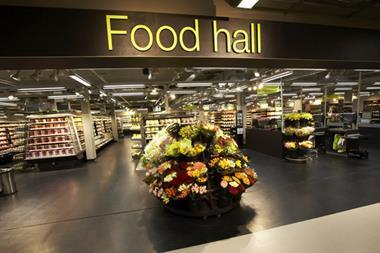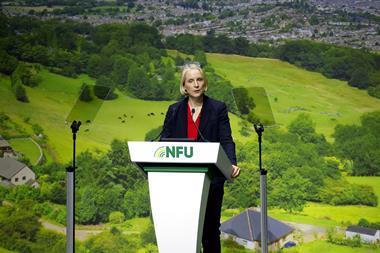Tea faces the prospect of crop shortages and soaring prices unless the entire supply chain works together to support the industry.
That is one scenario put forward in a report this week by Tea 2030, an international project launched a year ago that brings together trade bodies and suppliers including Unilever, Tata, Twinings, Yorkshire Tea and Finlays to ensure sustainability and security of tea supply.
Working with Forum for the Future, they have developed proposals to tackle the impact of climate change, population growth and competition for resources. Tea 2030 calls on the industry to review payment terms, availability of investment and where tea is processed and packaged. It also asks whether tea shouldset up a futures market.
Another concern flagged up is availability of energy, water and crop nutrients such as phosphorus, which is in increasingly short supply; about 25 years of reserves remain in the US, while China recently imposed a 135% export tariff to secure supply of domestic fertiliser.
China is also among the tea-producing countries drinking more of their own tea, which could impact exports and push up prices, warns the report.
Other factors affecting supply include rural depopulation as workers move to the city to seek better wages and lifestyles, and farms switching to crops such as rubber, palm oil and fruit.
Some tea-producing countries are also facing land constraints. “Kenya is experiencing serious pressure on land due to urbanisation,” notes the report. “There is no room to expand tea production.”
Tea should be repositioned as a “hero crop”, the report concludes. supermarkets have a big role to play in encouraging consumers to value tea as a high-quality, sustainable product, adds Forum for the Future CEO Sally Uren.
Sign in to comment on this article
Not logged in before? Register for FREE guest access today.
You will be able to:
- Read more stories
- Receive daily newsletters
- Comment on stories
Advert



















No comments yet